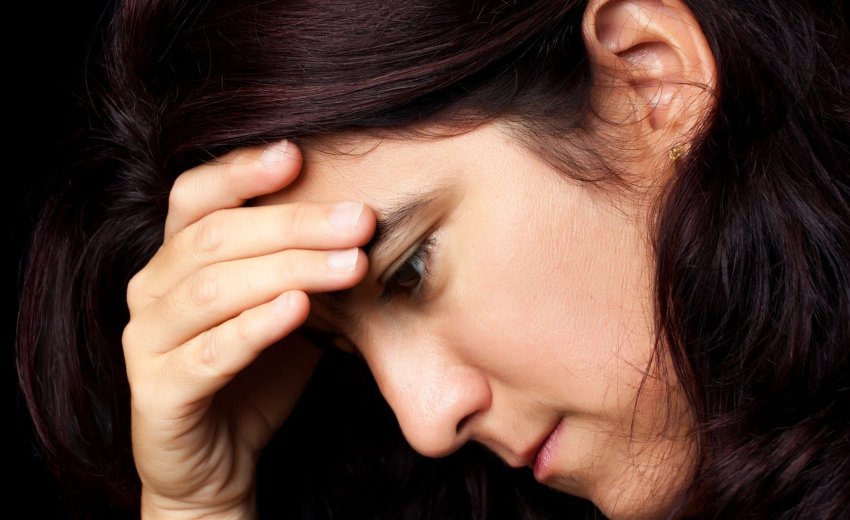Punjab has traditionally been regarded as a country of wealth, producing robust and physically healthy people. Yet the findings of the National Mental Health Survey: Punjab (2016-17) are shocking. One out of eight Punjabis suffer from mental illness, and 80% do not have access to any form of treatment. The data was released on World Health Day by the Department of Psychiatry, Government Medical College and Hospital, Sector 32, Chandigarh. The National Institute of Mental Health and Neuroscience, Bengaluru, coordinated the event.
Alarming mental illness data in Punjab
This survey included 2,895 adults from four districts in Punjab: Faridkot, Ludhiana, Moga, and Patiala. The survey was conducted between August 2015 and April 2016. It was found that every 6th Punjabi has suffered from mental illness and every 8th is still suffering. According to the survey, the total lifetime prevalence of mental diseases in Punjab was 18% (national level: 13.6%), while the current prevalence was 13% (national level: 10.5%).
Poor treatment access
Dr. BS Chavan, head of the psychiatry department, GMCH-32 said, “It means, nearly 21.9 lakh people are suffering from mental illness in Punjab. Only 20% of them (4.38 lakh) have access to treatment and the rest 80% are not getting any treatment.” According to the survey, the treatment gap was 80% for common mental disorders, 57% for severe mental disorders, 81% for alcohol use disorders, and 82% for depression disorders. There is a suicidal risk in nearly 0.5% of the population surveyed.
High drug use
In Punjab, the prevalence of alcohol, tobacco, and other drug use disorders was 7.9% (national: 4.65%), 5.5% (national: 20.89%), and 2.48% (0.57%), respectively.
It means that 8% of Punjabis over the age of 18 are dependent on alcohol. The number of people who regularly consume hard drugs (opium and heroin) is almost 4 lakhs. A total of 80,000 people have received treatment out of these. The risk of HIV and hepatitis B spreading among Punjab youth is very high, said Dr. BS Chavan.
Acute shortage of mental health workers
A major reason for this is the lack of treatment facilities, according to Dr. Chavan. In the government hospitals and medical colleges of Punjab, there are less than 60 psychiatrists. The total number after including the private sector is only 127. The ideal number of psychiatrists per lakh would be one, but the ratio in Punjab is 0.46 per lakh. According to him, Punjab needs at least 270 psychiatrists.
Only 13 MD psychiatry seats are available at Punjab's four medical institutions, therefore it will take at least 11.5 years for Punjab to make up for the deficit. There are also only 12 clinical psychologists in the country, whereas there should be at least 226. Additionally, only 32 psychiatry social workers and 4 nurses are trained in mental health. Both the government and the private sector are included in the figure. 19 of Punjab's 22 districts do not have a district mental health program, which is crucial for improving the situation.
Other Findings
Men had nearly double the prevalence of lifetime mental diseases and three times the prevalence of current mental illness in comparison to women. Elderly people (over 60 years) followed by those in 30-39 years and the rural population are more vulnerable to mental illness.
This mammoth study provides a baseline scenario of the various mental health problems prevailing in the state of Punjab. Lack of mental health awareness and paucity of mental health experts have prevented thousands of patients from receiving medical help. The need of the hour is to bridge the gap between mental health experts & patients.

